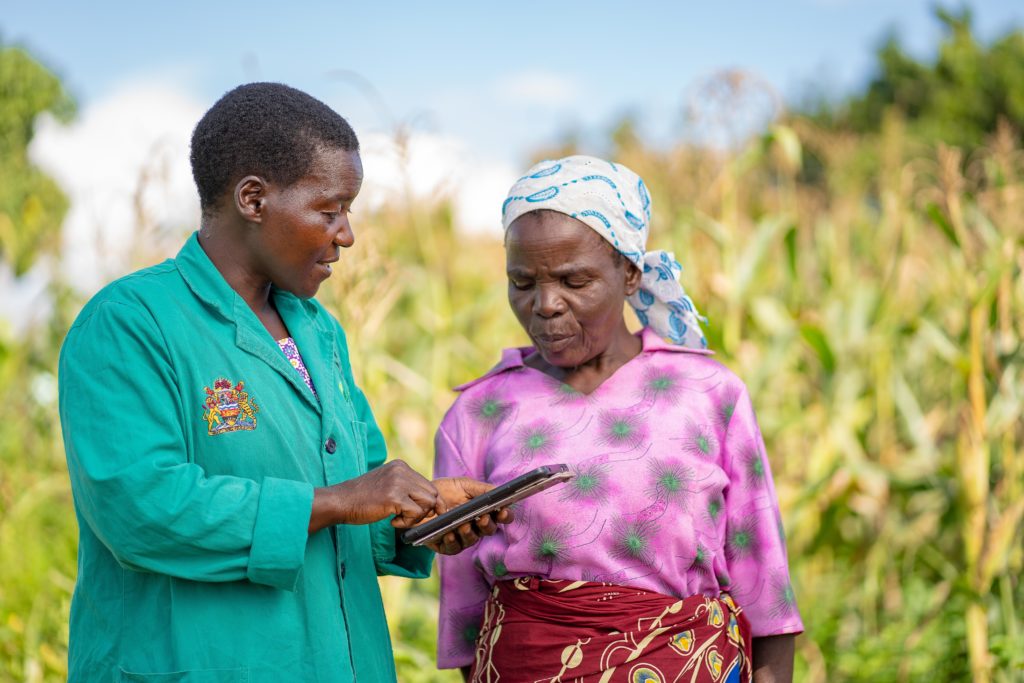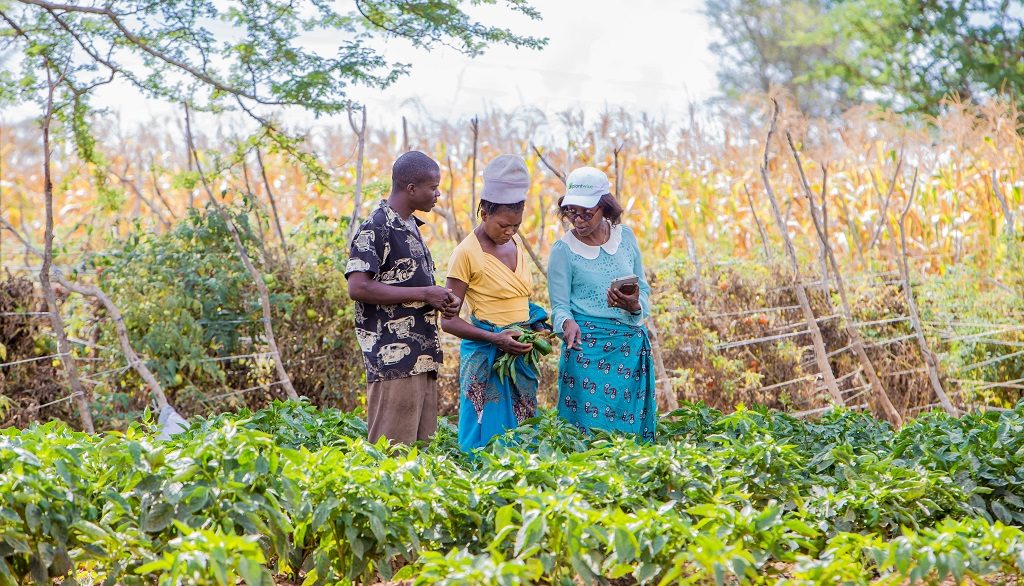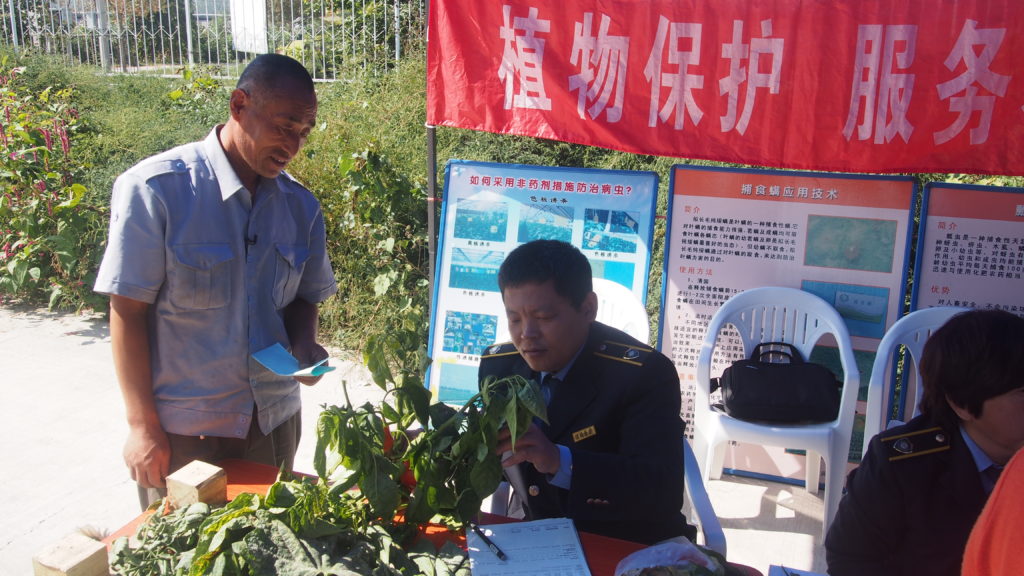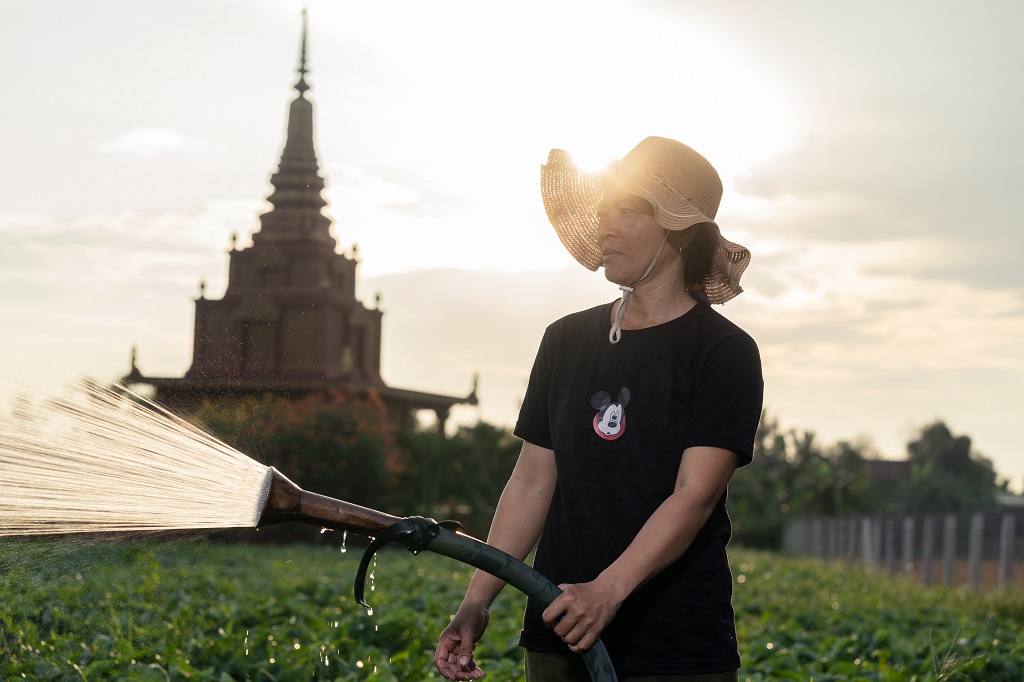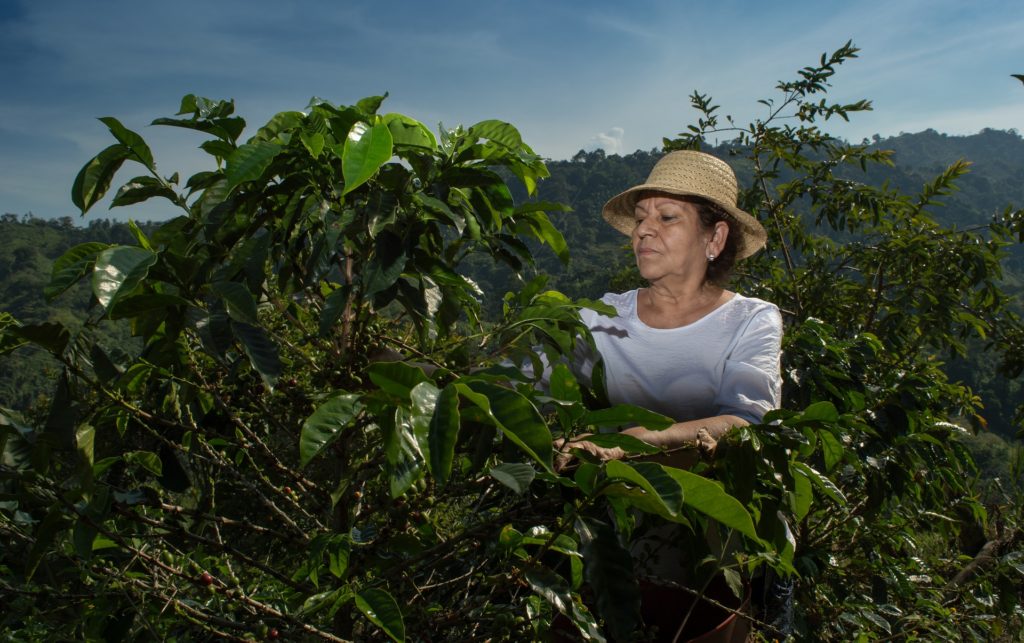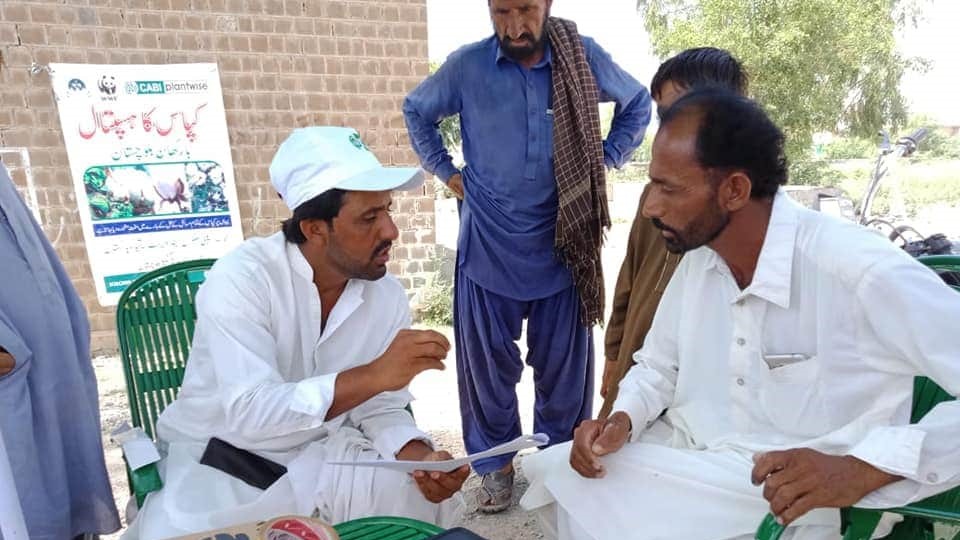Digital sustainability: Plantwise tools supporting smallholder farmers
Digitalisation is a globally occurring process of converting information and systems into a digital form. This shift in the way we use technology to support our lives is due to the improved technologies which allow us to be more strategic, time and cost efficient, reach more people easily and improve commercial properties. Much of the…
Update: New Pest & Disease Records (06 November 2020)
We’ve selected a few of the latest new geographic, host and species records for plant pests and diseases from CAB Abstracts. Records this month include the first report of Cinara splendens in the Palaearctic region and a new record of Neofabraea kienholzii, a novel causal agent of grapevine trunk diseases in Hungary.
Test your plant health knowledge
>> Latest quiz just added Plantwise plant doctors are at the heart of our plant clinic network providing advice and information to farmers, logging their data for the Plantwise Knowledge Bank, and always adapting to new outbreaks and technologies. Think you’ve got what it takes to be a plant doctor? Take our online plant health…
Moving to more sustainable pest management with plant doctors in China
Overuse of pesticides for crop protection has been an increasingly common problem in farming, particularly in countries where they are affordable in comparison to other methods of pest control.
Meet Chheng, a farmer from Cambodia using natural methods to control pests
In a new video, Plantwise follows Chheng Sok Khim, a farmer growing vegetables in Kandal province, Cambodia. Ms Khim struggled to control the pests on her farm and turned to chemical pesticides, but this ended up costing her more money and negatively affected her yields and her health.
The importance of biocontrol for big commodity crops in Brazil
This year is the International Year of Plant Health, described by the United Nations as “a once in a lifetime opportunity to raise global awareness on how protecting plant health can help end hunger, reduce poverty, protect the environment and boost economic development”. Together with Brazil’s agricultural research organization, Embrapa, CABI organized a webinar on…
Update: New Pest & Disease Records (05 October 2020)
We’ve selected a few of the latest new geographic, host and species records for plant pests and diseases from CAB Abstracts. Records this month include the first report of Spoladea recurvalis in Tunisia and a new record of convolvulus hawk-moth (Agrius convolvuli) from Jehanabad, Bihar.
Test your plant health knowledge
>> Latest quiz just added Plantwise plant doctors are at the heart of our plant clinic network providing advice and information to farmers, logging their data for the Plantwise Knowledge Bank, and always adapting to new outbreaks and technologies. Think you’ve got what it takes to be a plant doctor? Take our online plant health…

